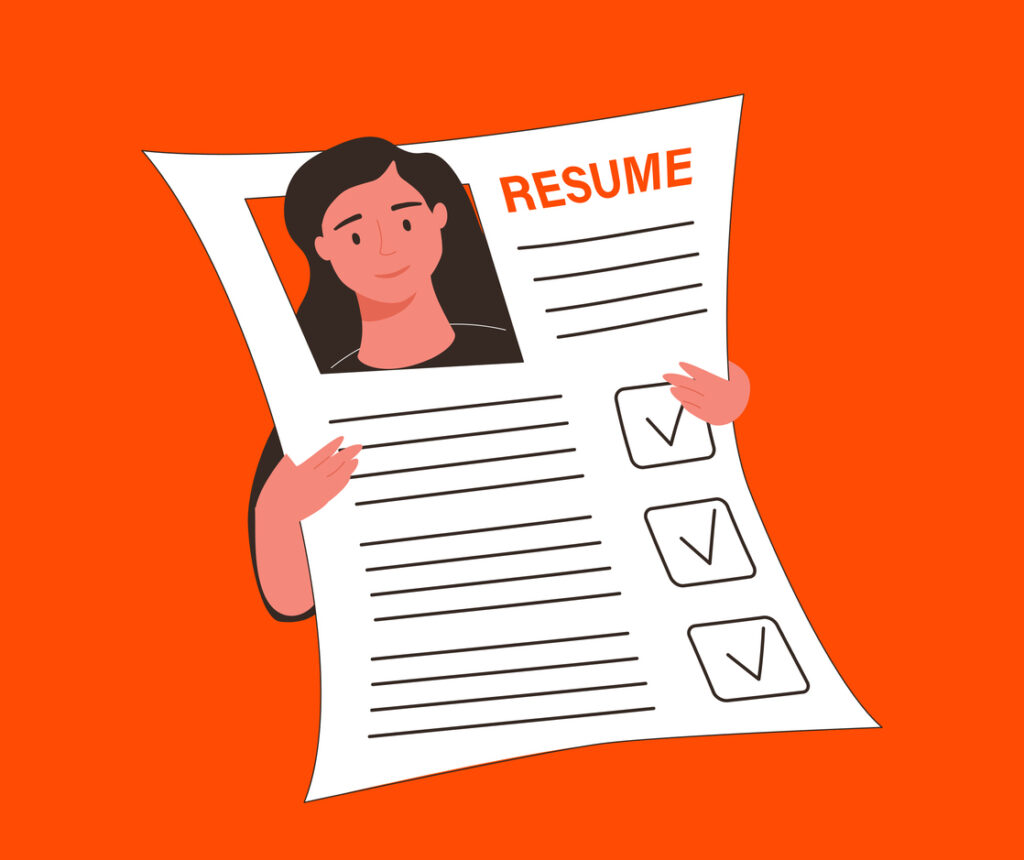In the past, we have written about how to land a board position, listing the steps you should take to allow yourself to be “found” because getting invited to join a board requires a different approach than seeking a C-suite position. We have also written a primer for first-time board members. But how do you ace the interview?

First things first: The Initial interview with the search firm
The search firm will be vetting several candidates. Today, almost all board searches have specific functional requirements for which the search firm will look. Gone are the days when companies seek an astute business person who will mesh with the existing board. You will like executives with similar talents and experience.
The recruiter will review your resume as if you were interviewing for an operational position. Instead, the recruiter will look for the high points: What were your successes when facing challenges? What was your organization’s culture, and why did you make confident career choices? What was your reputation at each company where you worked? Are there explainable career gaps? The recruiter will pay particular attention to your interpersonal style, assessing if you would be a good fit and if your experience and skill set would complement the current board.
The recruiter will also want to discuss your past board experience and pose questions demonstrating your knowledge of a board and how it functions. I have seen many suitable candidates fall short of the interview by discussing “their desire to help management run the company better.”
We cannot say it too many times: directors do not help manage the company. They represent the interests of shareholders and provide oversight and guidance on issues such as creating and preserving shareholder value, executive compensation, enterprise risk management, CEO succession, and maintaining corporate integrity.
If you need more public board experience, do some research. Ask your friends or colleagues who are board members what the search committee asked them and what they would ask a prospective board candidate.
The recruiter will also confirm that you can take on another role, have autonomy over your schedule, and that your company endorses your joining an outside board. You should have reviewed the board meeting dates for the next two years and confirmed your availability.
Speaking of time, I have two observations…
One red herring that a candidate is not the right fit for a public board is their accessibility. Board-ready executives know how to manage their time and calendar. Several years ago, while conducting a board search, an executive was very excited about joining my client’s board but couldn’t discuss the opportunity by phone until a month later. My concerns increased after I scheduled a time to fly to Los Angeles to interview her at her office. Her assistant told me she would have only an hour to meet with me. Be mindful that if you are considering joining a board, you are excited about, demonstrate that you will invest the time at the front end with the search firm. This will ensure that adding this additional time commitment is the right decision for you and the company.
Lastly, the recruiter may ask if there is anything that a background check would reveal that could be an issue. In addition to criminal records, the recruiter wants to know if you have been the subject of any lawsuits, especially a shareholder suit, and the subject of any SEC or other regulatory proceedings.